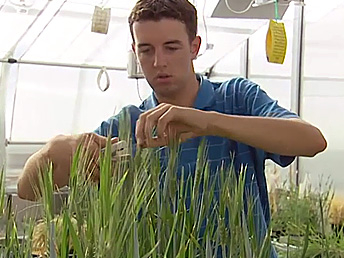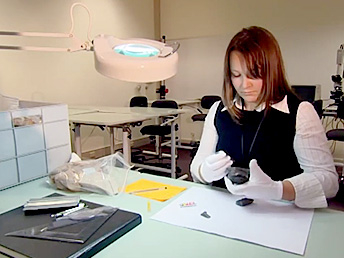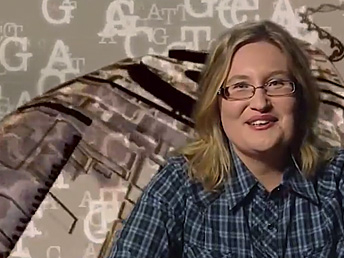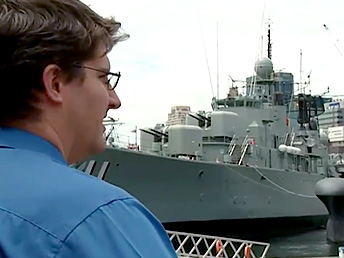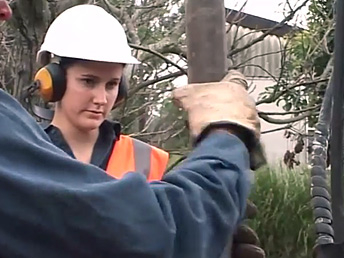
Aquaculturalist
As an aquaculturalist you are involved in the breeding, growing and conserving of fish and other aquatic life.
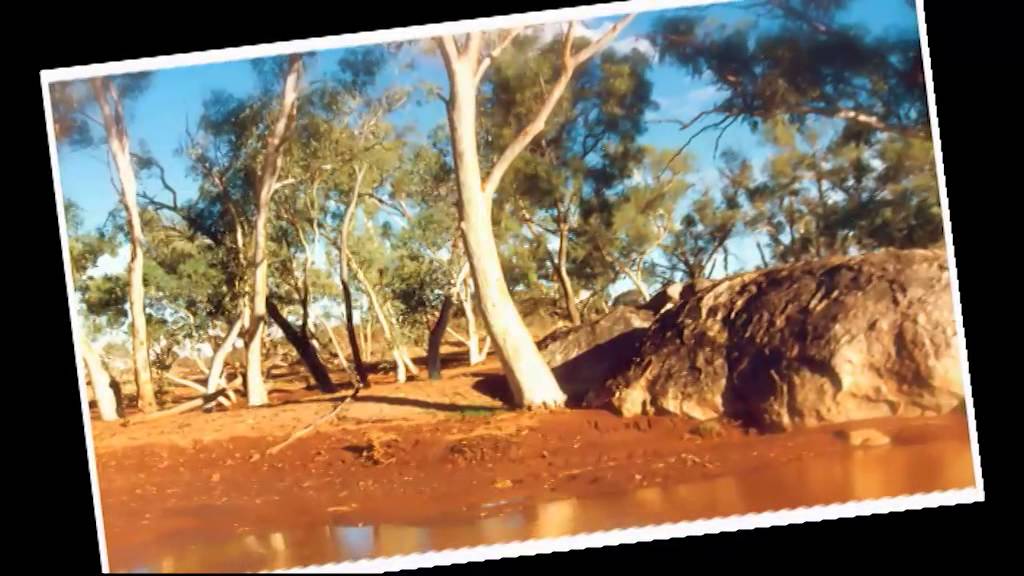

What the job looks like
Salary expectation
starts at $40,000 up to $62,500

The good
- See the ways marine species grow and develop through different life stages
- Being able to work outdoors
- Helping to provide a sustainable seafood source
The not so good
- Cleaning the pool farm is a big thing. It's a big job that takes a long time
- Working in all weather conditions
Aquaculture involves growing fish and shellfish in all types of water environments. Several environmental factors need to be considered so it is your job to make sure you follow and meet strict regulations.
As an aquaculturalist you will be dealing with different measurements from weighing fish and giving them anesthetic to setting up feeding programs so you need to make sure you have strong maths skills.
Your tasks include such things as organising suitable feeding programs for different fish species, finding the right water temperature and general maintenance on the pool farm and tanks. You will also be helping others with their research and other projects.
Sometimes you will also be doing your own research or helping others and interpreting legislation, so it is important to also have good writing skills.
If you like working outdoors and have an interest in marine life and science, then a career as an aquaculturist could be for you.
You get to work with fish, note their behavior and see how wonderful they are.
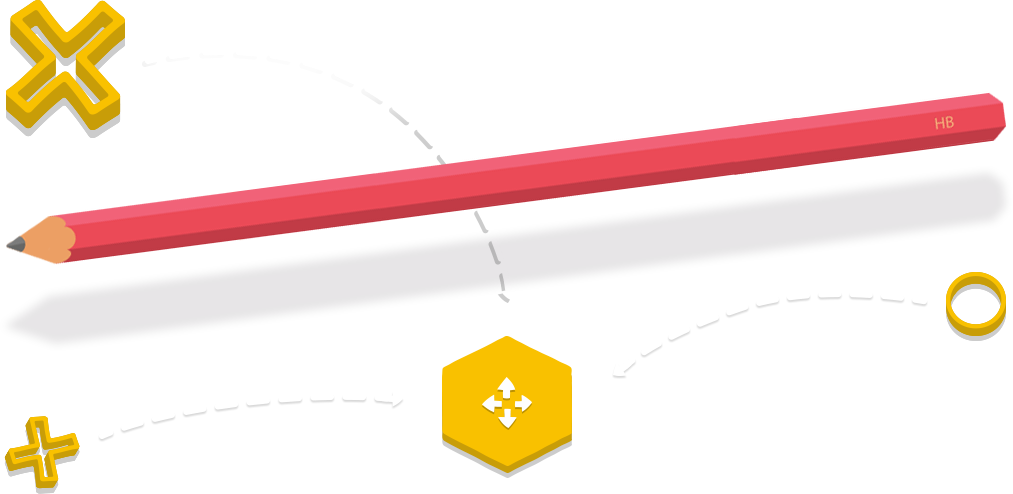
Pathways to this career
Subject suggestions for the HSC
Choosing your HSC subjects from this list could really help with your career. Think carefully about what you want to study after school as you might need to choose specific HSC subjects for that course and to count towards your ATAR (Australian Tertiary Admission Rank). An ATAR is your academic rank in relation to other HSC students and helps with University admission.
HSC subjects
Some subjects will count towards your ATAR, others will not. Check with your career advisor before making subject selections.
- English (Standard or higher)
- Mathematics (2 Unit or higher)
- Chemistry
- Biology
- Earth and Environmental Science
What can I do after I have finished school?
University degrees
Studying one of these degrees can help with your career.
- Bachelor of Marine Biology
- Bachelor of Science
- Bachelor of Environmental Science
Suggestions
Talk to a science teacher about any tips or information they can give you or check out Department of Fisheries for more information
- Do work experience at a marine institute or fish farm
- Get familiar with some of the water environments around you
- Try and study marine topics for science assignments where possible to improve your understanding
- Go to career expos and events like university Open Days for information about what you will study
